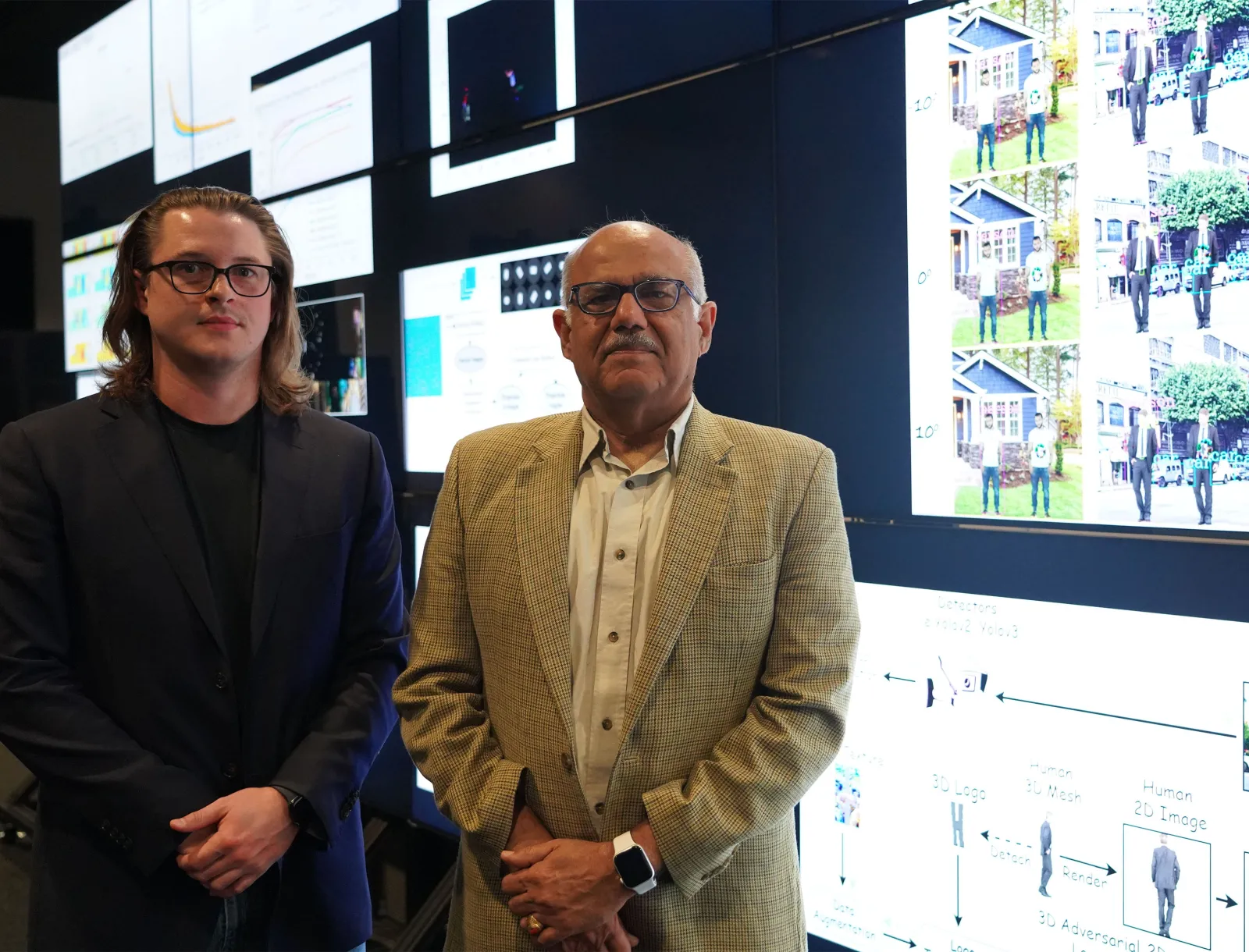
May 13, 2024
Computer science professor Chandrajit Bajaj was recently awarded funding by the U.S. Army Futures Command’s University Technology Development Division (UTDD), in support of DEVCOM C5ISR, for game theory research to develop artificial intelligence systems. The project will utilize Dynamic Belief Games to train AI agents to be better planning and decision support tools for next-generation communications systems.
Bajaj is the Computational Applied Mathematics Chair in Visualization in the Department of Computer Science and a core faculty member of the Oden Institute for Computational Engineering and Sciences. His research is focused on developing computer science and applied mathematics algorithms in geometric modeling, imaging data sciences, bio-informatics and data visualization. He was awarded $1.5M to test this novel reinforcement learning approach to optimally manage advanced learning agents.

Army Futures Command engages with tech-forward universities to develop cutting-edge equipment and resources for future Soldiers. C5ISR stands for Command, Control, Communications, Computers, Cyber, Intelligence, Surveillance, and Reconnaissance and is one of eight science and technology domains within the U.S. Army Combat Capabilities Development Command. C5ISR capabilities are a significant focus of the Army Futures Command and its modernization efforts, and the center works closely with industry, academia, Department of Defense and other national research organizations to mature new scientific breakthroughs.
